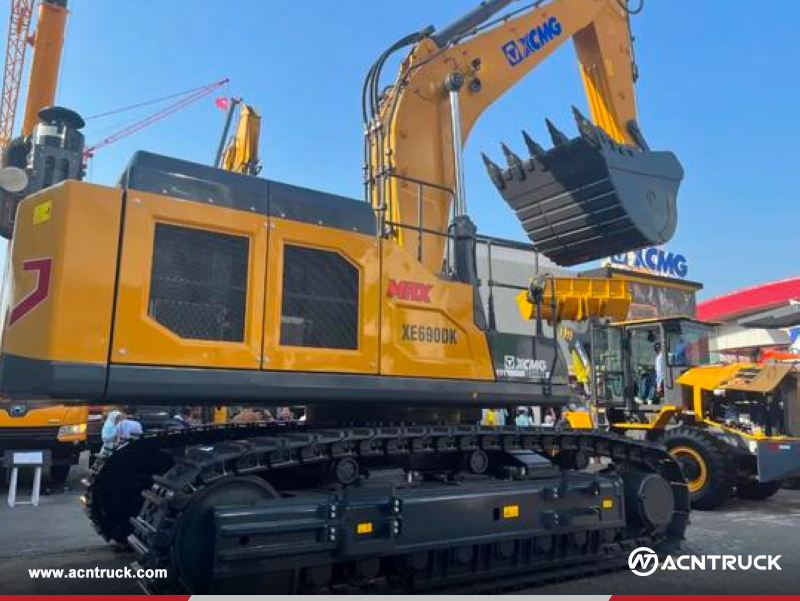As a construction company, staying within budget can sometimes be a challenge. However, once you learn a few trusted methods for cutting your construction equipment costs, finishing the month at or under budget becomes much easier. In this guide, we’ll provide simple and effective tips on how to cut construction project costs. By exploring and implementing these methods, you can save money, boost your efficiency and prolong the life of your equipment.
Indeed, equipment investments involve substantial costs that can be challenging to recoup. Here are some tips that can help construction firms reduce equipment costs in the long term.

1. Importance of equipment maintenance
It is worth mentioning that regular maintenance is designed to reduce the need for premature replacements and significant repair expenditures. Routine inspection, lubrication, component replacements, and over-checkups will extend the lifespan of the equipment while preserving its value for as long as possible. There is no canceling the cost of equipment in construction. However, businesses can deploy strategic and proactive approaches to manage their costs more efficiently. Each strategy has pros and cons, so, it will eventually come down to individual budgets, projects, need, and growth plan.
2. Check Your Oil As Often As Possible
It is easy to be complacent with your construction machines, but regularly checking your machine’s oil is an essential way of keeping on top of your fleet’s health. If you notice the quality of oil in your machine is low, then this gives you the ability to replace it before damage is done to the engine. Staying on top of your machine’s oil quality will help you avoid the potential maintenance costs that would come with poor oil quality. There is now technology that will monitor the quality of your machine’s oil for you. Oil quality sensors will monitor oil for deterioration and contamination with high accuracy. Installing one of these sensors will reduce your machine upkeep times and ensure that you can keep your fleet operating efficiently.
3. Train Employees on Proper Equipment Use
The efficiency of your equipment depends on the skills of your operators. Learning the basics through on-the-job training with experienced crew members is a great start for new workers. However, this level of training may not be sufficient to consistently maintain a safe environment and high productivity. Moreover, today’s advanced construction equipment is packed with functions and features, while new software tools are increasingly integrated into everyday processes. Implementing formal training on equipment usage puts every employee on the same page regardless of their experience level—new employees will receive standardized training and the more experienced ones will refresh their knowledge or learn to use a new technology. Consistently training employees is also vital for preventing workplace accidents due to improper use of heavy equipment.